Here's a stock photo from the 2016 EU summit: it might even be turning yellow, if it wasn't digital. The picture portraying heads of state and government shows quite a number of politicians who were keen to lecture Hungary in terms of migration and the border fence. For example, former Austrian Chancellor Werner Faymann or Italy's cocky Prime Minister Matteo Renzi, but they both proved to little to fill their shoes, fell from grace and vanished from the political landscape. Fate has also caught up to Dutch PM Mark Rutte, who once said that Hungarians must be brought to their knees! Well, recently he was the one brought to his knees. His four-party, center-right, liberal government collapsed - surprise, surprise: all because of the "mental chew" of European politics, the internal disagreements over migration -, and Mr Rutte announced yesterday that he would leave Dutch politics after the snap elections slated to be held in November.
He's the one forced to his knees
Fate has finally caught up to Dutch politician Mark Rutte, who once said we must bring Hungarians to their knees! Now he's the one who was brought to his knees.
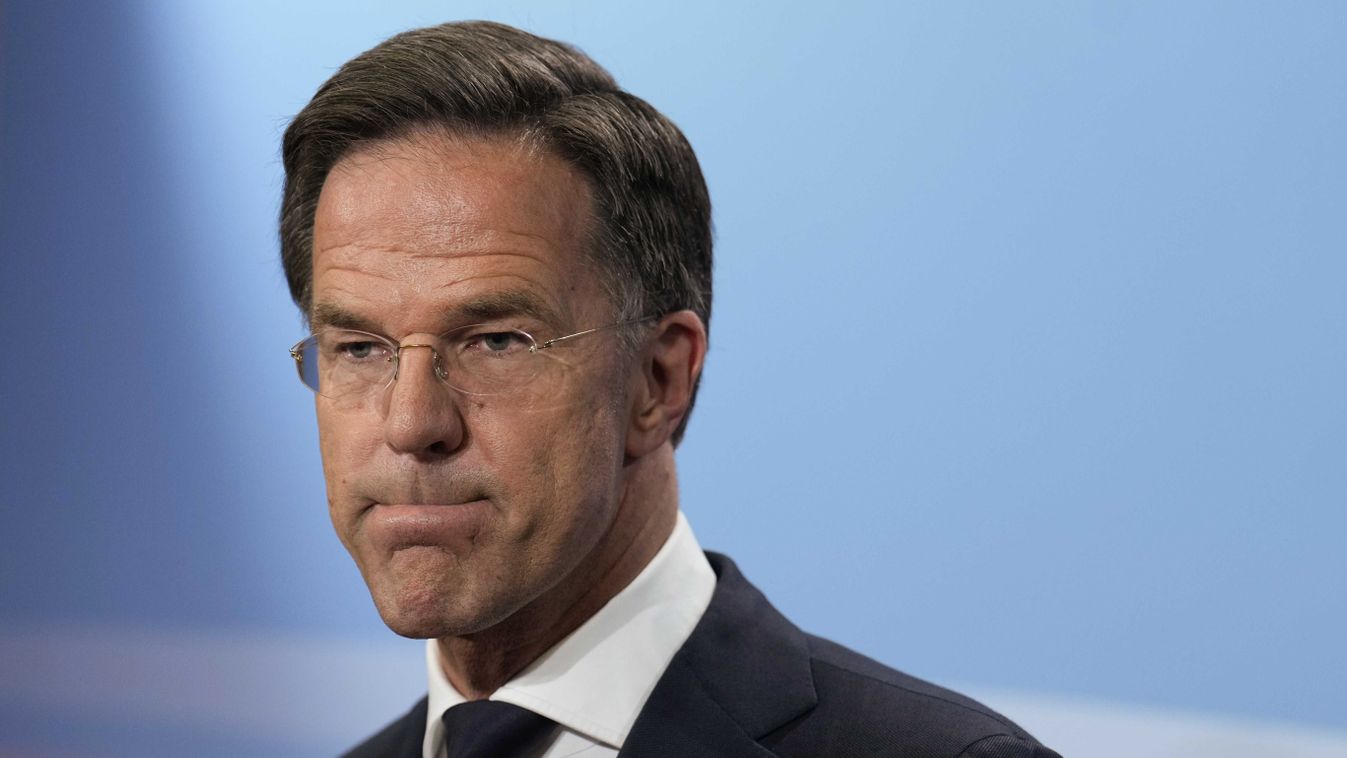
It's a pity, he was a good agent. He proudly represented a European liberalism that was tolerant to the point of boorishness towards minorities, but intolerant to the point of intransigence towards opponents of the liberal dogma. Mr Rutte has been at the European Council table since 2010, for almost as long as Viktor Orban, with only a few months' discrepancy and - just like Hungary's prime minister - he, too, was leading his fourth consecutive government. But the similarities end here. Mr Rutte's cabinets were often shaky, and his third government collapsed because of a rule of law dispute (a case of hanging the hangman!) over the payment of family allowances. But the Dutch prime minister - another emblematic representative of Benelux liberalism, along with the recently retired Belgian MEP Guy Verhofstadt - survived.
További IN ENGLISH híreink
For us, Hungarians, Mr Rutte was the face of a liberal society that we know and feel that we do not want to live in. Many of us like to get away to Amsterdam for a weekend - it has great museums and tulip fields, for example - and we also get a sense of what a developed country we have arrived in. But on the airplane going back home, we also take note of what we don't want to see imposed: mass immigration, the elevation of sexual minorities by culture-warriors instead of a polite, civilized but quiet open-mindedness, the tolerance of drug use and the literal showcasing of representatives of the "oldest profession" on Earth. We would also refuse to allow far-left extremists or Islamists to carry out targeted political assassinations in broad daylight on the open streets, as happened in the Netherlands in the 2000s, which has been a scene of growing migration-induced tensions for decades.
In light of all this, it comes as no surprise that the Dutch political establishment is the exact opposite of the one seen in Hungary. There, the anti-immigration parties critical of Brussels are in opposition, including the Freedom Party led by Geert Wilders, who has excellent Hungarian connections and can easily find his way around even in a small, rural Hungarian settlement.
However, the new hope of the Dutch right, the most popular party in the country at the moment, is the Farmer-Citizen Movement (BBB), which came first in the spring provincial elections with 19% of the vote. BBB is an anti-elitist force in the Dutch countryside and a vehement opponent of the excesses of the European Commission and the European Parliament, something that we, Hungarians, also know all too well. The diametric contrast between Hungary and the Netherlands also implies that the Budapest epigone of Mr Rutte's lanky, bicycle-loving character is waiting in the opposition - or, more precisely, the mayor's chair - to see if the political winds will start to blow in his favor. It's just that, as we mentioned above, what happens to drive windmills in the Netherlands appears a little out of place and touch here.
Cover photo: Failed Dutch PM Mark Rutte (Photo:MTI/EPA-ANP/Phil Nijhuis)
Komment
Összesen 0 komment
A kommentek nem szerkesztett tartalmak, tartalmuk a szerzőjük álláspontját tükrözi. Mielőtt hozzászólna, kérjük, olvassa el a kommentszabályzatot.
A téma legfrissebb hírei
Tovább az összes cikkhez
PM Orban Delivers State of the Nation, Sends Message to Zelensky as Von der Leyen Makes Astounding Statement
A roundup of the day’s key foreign affairs developments.

International Media Erupts Following Viktor Orban’s State of the Nation Address
The Hungarian prime minister's words were quoted around the world.

PM Orban Sends Message to Zelensky: This Is Not About Us, but About Europe’s Future
"This is precisely why you cannot become a member of the European Union."

PM Orban: If Tisza–Brussels–Big Capital Coalition Take Power, Families Will Pay the Price + Video
Hungary's Prime Minister delivers his 27th annual State of the Nation address.
Ne maradjon le a Magyar Nemzet legjobb írásairól, olvassa őket minden nap!
- Iratkozzon fel hírlevelünkre
- Csatlakozzon hozzánk Facebookon és Twitteren
- Kövesse csatornáinkat Instagrammon, Videán, YouTube-on és RSS-en

Címoldalról ajánljuk
Tovább az összes cikkhez
PM Orban Delivers State of the Nation, Sends Message to Zelensky as Von der Leyen Makes Astounding Statement
A roundup of the day’s key foreign affairs developments.

International Media Erupts Following Viktor Orban’s State of the Nation Address
The Hungarian prime minister's words were quoted around the world.

PM Orban Sends Message to Zelensky: This Is Not About Us, but About Europe’s Future
"This is precisely why you cannot become a member of the European Union."

PM Orban: If Tisza–Brussels–Big Capital Coalition Take Power, Families Will Pay the Price + Video
Hungary's Prime Minister delivers his 27th annual State of the Nation address.

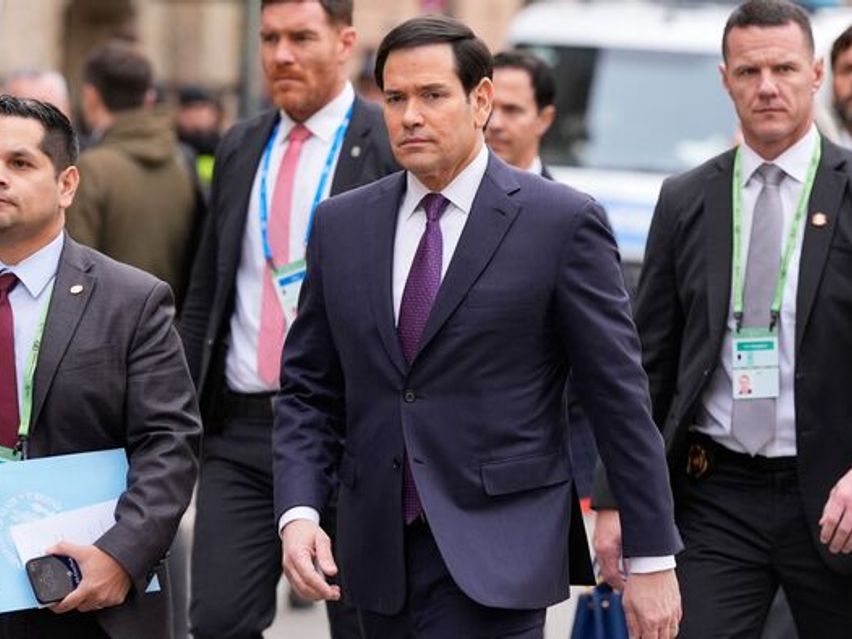





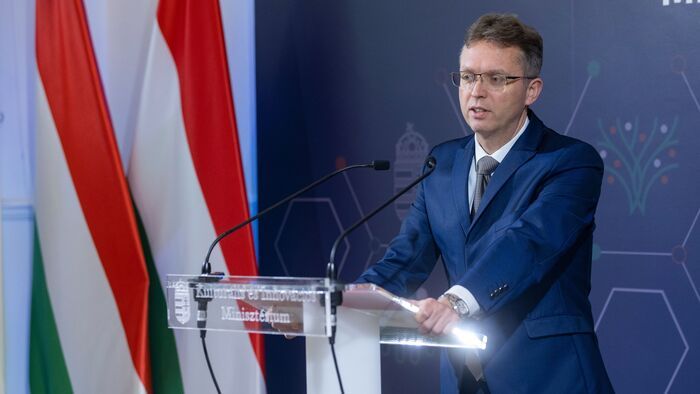
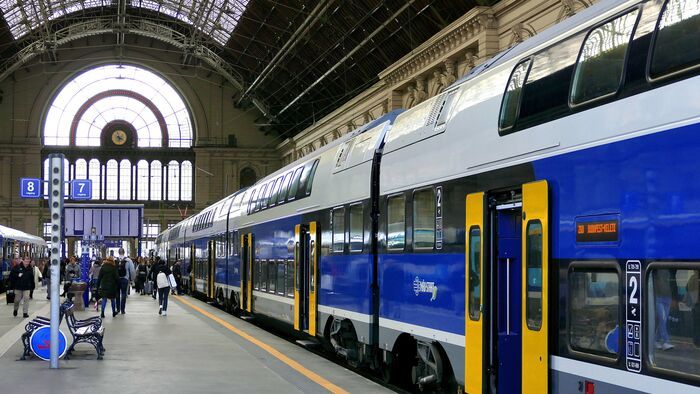
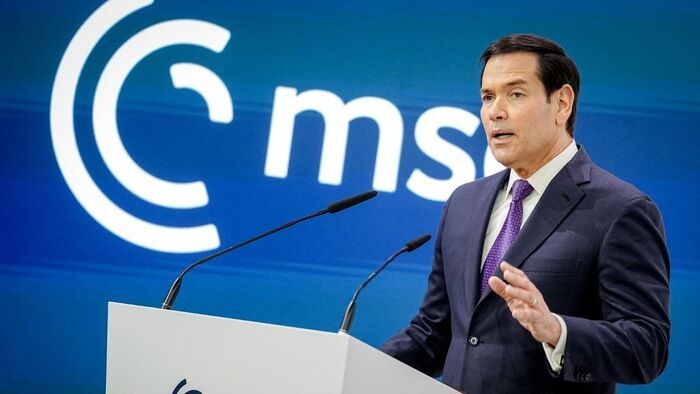
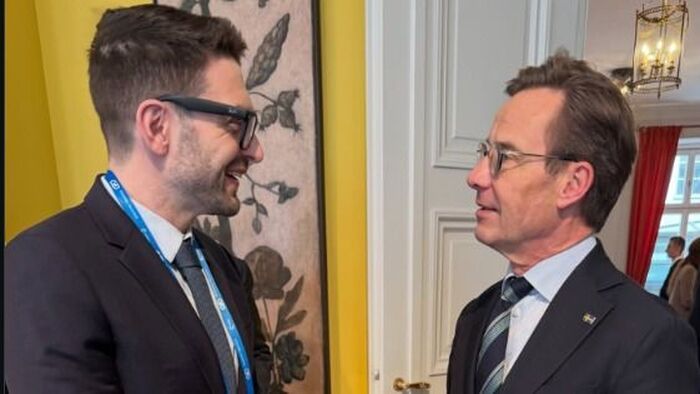
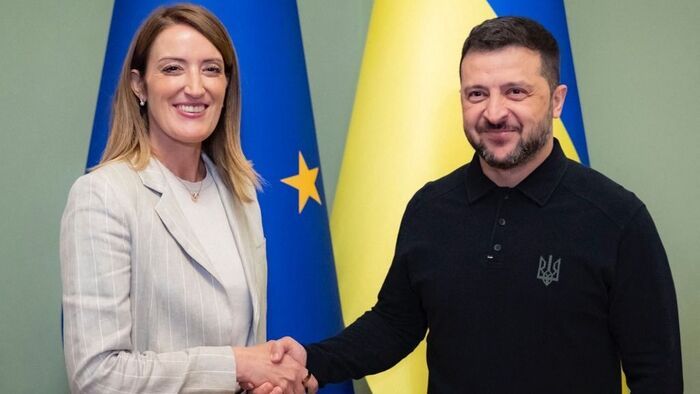

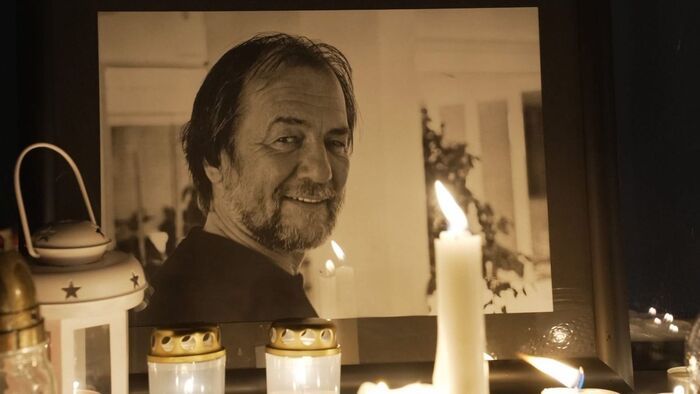



Szóljon hozzá!
Jelenleg csak a hozzászólások egy kis részét látja. Hozzászóláshoz és a további kommentek megtekintéséhez lépjen be, vagy regisztráljon!